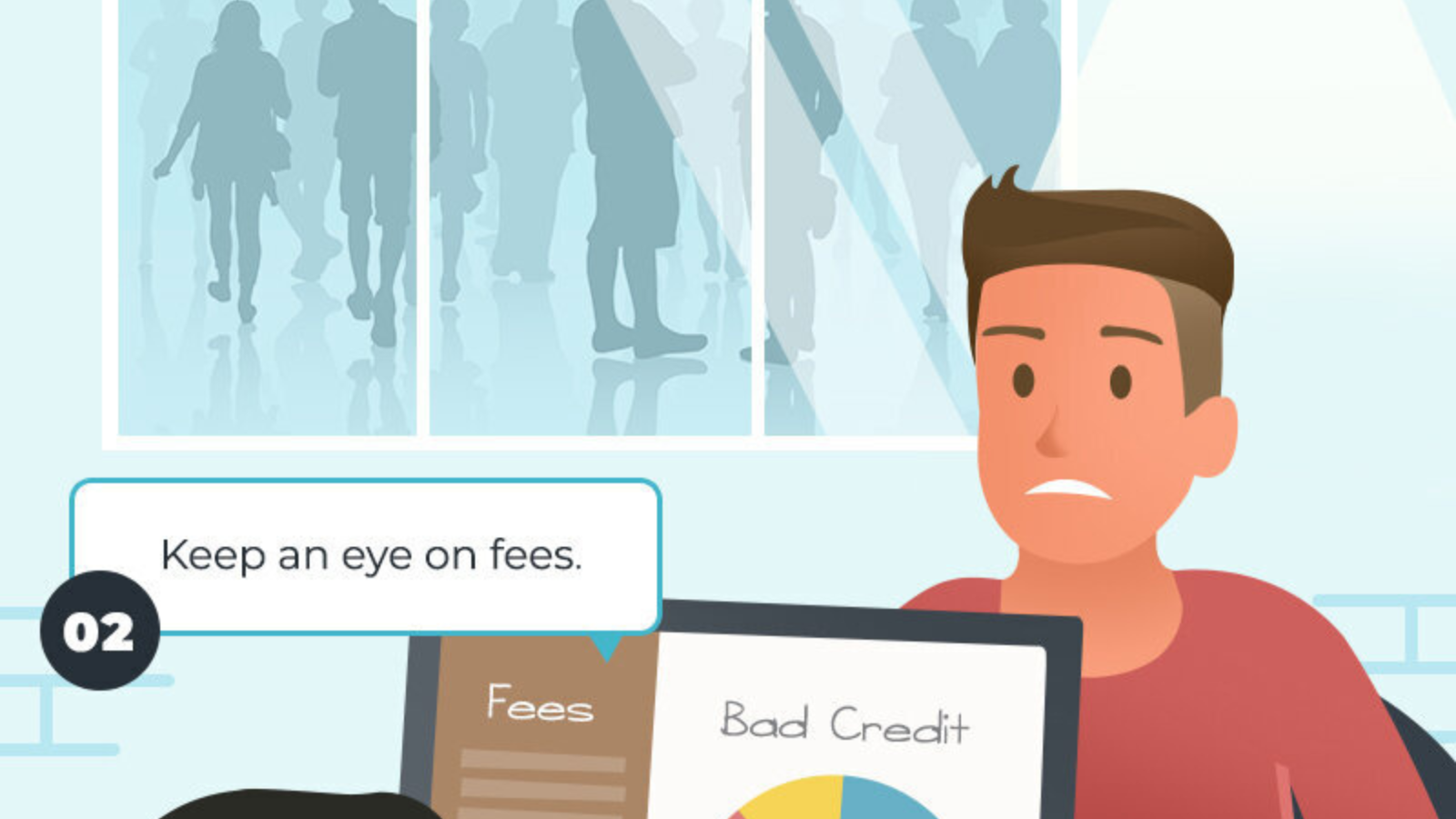Are you looking for ways to ease your financial burden and save money on your monthly mortgage payments? Refinancing your mortgage might be the solution you need. With current interest rates at an all-time low, it’s worth exploring your options. However, one of the biggest challenges when it comes to refinancing is having bad credit. Many lenders require a minimum credit score of 620 and solid financial standing. But don’t worry, refinancing is still possible even with bad credit. In this article, we will provide three valuable tips to help you navigate the refinancing process successfully.
1. Explore Multiple Lenders for Competitive Rates
When you decide to refinance your mortgage, it’s essential to shop around and explore multiple lenders. While you might be inclined to approach your former lender, it’s worth considering other options as well. Different lenders have varying credit requirements and may offer better rates, even if you have less-than-stellar credit.
Start by comparing interest rates among real mortgage brokers, online mortgage brokers, and financial institutions. Utilize comparison websites to gather information, but don’t hesitate to reach out to lenders directly for accurate and up-to-date rates. By exploring multiple lenders, you increase your chances of finding a competitive rate that fits your financial situation.
2. Be Mindful of Fees and Charges
Refinancing your mortgage involves paying closing fees, which can add up to hundreds or thousands of dollars. It’s crucial to inquire about any potential fees, such as origination fees or appraisal fees, to understand the true cost of refinancing. Keep in mind that a lower interest rate with one lender may be offset by higher fees compared to another lender.
To make an informed decision, request an itemized list of fees from each potential lender. This way, you can compare the fees along with the interest rates to determine the most cost-effective option. By being mindful of fees, you can ensure that refinancing your mortgage will genuinely save you money in the long run.
3. Explore FHA and VA Refinance Programs
If you have bad credit, you may still qualify for refinancing through FHA (Federal Housing Administration) or VA (U.S. Department of Veterans Affairs) programs. These programs offer alternatives for borrowers with lower credit scores or specific eligibility criteria.
FHA Streamline Refinance Program
If you already have an FHA loan, you can take advantage of the FHA Streamline Refinance program. This program allows you to permanently lower your monthly mortgage payments without the need for income verification, a credit check, or a home appraisal. As long as you have consistently made your monthly payments on time and in full, you can lock in today’s lower refinance rates.
FHA Rate-and-Term Refinance
Aside from the FHA Streamline Refinance program, FHA also offers a rate-and-term refinance option. This program is suitable for individuals with high-interest rates or conventional home loans. The rate-and-term refinance allows you to obtain a lower interest rate or change the loan term. To qualify, you will need to provide proof of six consecutive monthly payments made on time and in full. Additionally, the lender may require a new appraisal, conduct a credit check, and calculate your debt-to-income ratio.
VA Streamline Refinance (IRRRL)
For military service members, veterans, and eligible surviving spouses, the VA offers a streamlined refinancing option known as the Interest Rate Reduction Refinance Loan (IRRRL). With the VA IRRRL, you can lower your monthly payments without worrying about your credit score. While an appraisal may not be required by default, some lenders may still request one. The VA streamline refinance simplifies the process and helps you take advantage of lower interest rates.
Conclusion
Refinancing your mortgage can be a viable option to alleviate financial burdens and save money, even if you have bad credit. By shopping around for rates and lenders, being mindful of fees, and exploring FHA and VA refinance programs, you can make an informed decision that suits your financial situation. Remember to research and compare multiple lenders to find the most competitive rates and fees. Ultimately, refinancing can provide you with breathing room and financial stability in the long run.
Additional Information: If you are a homeowner in Silicon Valley, California, and considering refinancing your mortgage, it’s essential to work with a local lender who understands the unique market dynamics of the area. A Silicon Valley home expert can provide valuable insights and guidance throughout the refinancing process, ensuring that you make the best decisions for your financial future.



